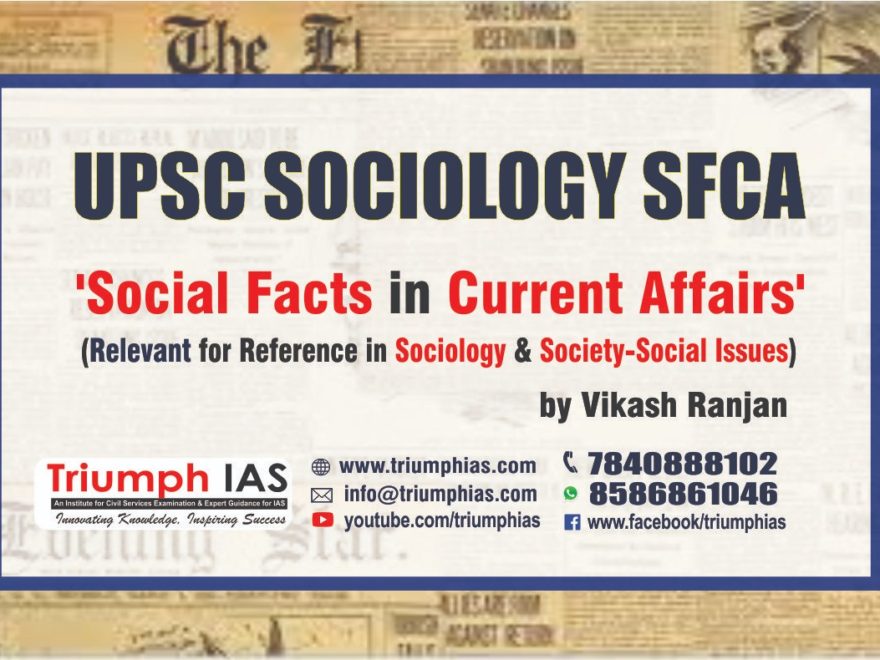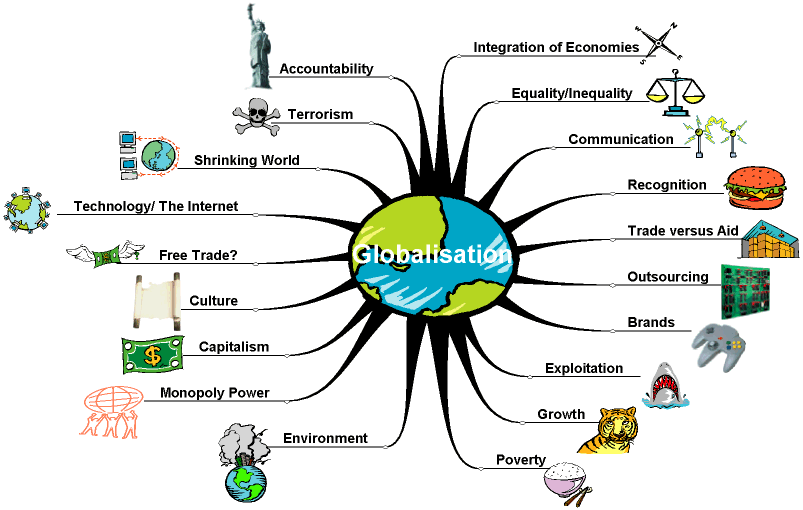Skip to content

EFFECTS OF GLOBALIZATION ON INDIAN SOCIETY
- (Relevant for Sociology Syllabus: Paper 1- Social Change in Modern Society & Paper 2- Social Change in Modern Society.)
- (Relevant for GS Syllabus: Paper1- Effects of globalization on Indian society.)

- Are we losing our local identity for the global identity?
- Identity refers to the characteristics determining who or what a person or thing is. Though its nature is multi-dimensional, consumerism driven by globalization and market economies defines the interplay between local (national) and global (world-based) identities and consumption practices.
- Not only in India but globally, supporters of anti-globalization affirm that the world is being homogenized since the consumer goods are becoming homogenous worldwide, making people live a consumeristic way of life and following a system of values that focus on the material world and on physical comfort.
- Advocates also claim that this makes people lose their national or cultural or ethnic or social identity as they have stopped following these “adjectives” having particularity for them.
- Rather, this is more about a value system of a particular person. The person having the quality of being wise will never suffer this kind of identity crisis as he or she can make locus of control (American psychologist Julian Rotter) internal and remain unaffected by the external environment.
- When we talk globalization, it is simply about the spread of products, technology, information, and jobs across national borders and cultures.
- It describes an interdependence of nations around the globe fostered through free trade in economic terms having no direct negative implications for society unless it becomes an incubator for globalization.
- Instead, globalization spreads cultural intelligence which improves cultural metacognition (sometimes called cultural mindfulness) required to understand, feel, and respect other cultures. In fact, it gives essence to “unity in diversity”.
- Lastly, Stephen Covey rightly said, “The true identity theft is not financial. It’s not in cyberspace. It’s spiritual. It’s been taken.”


